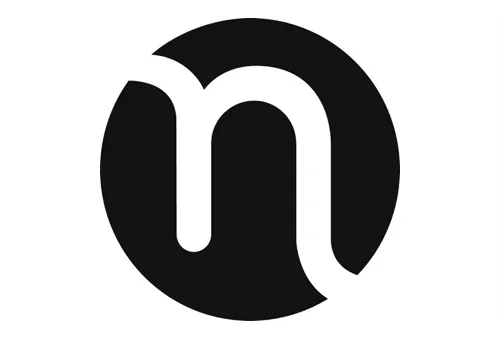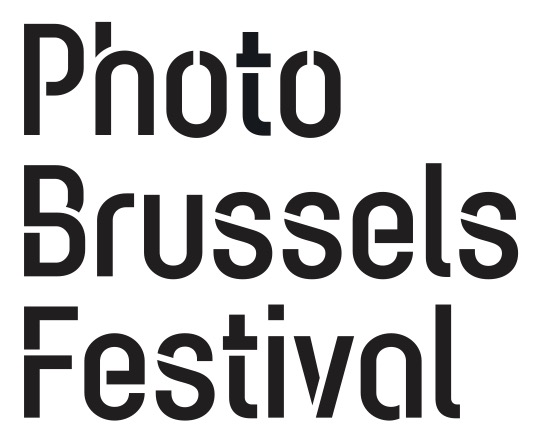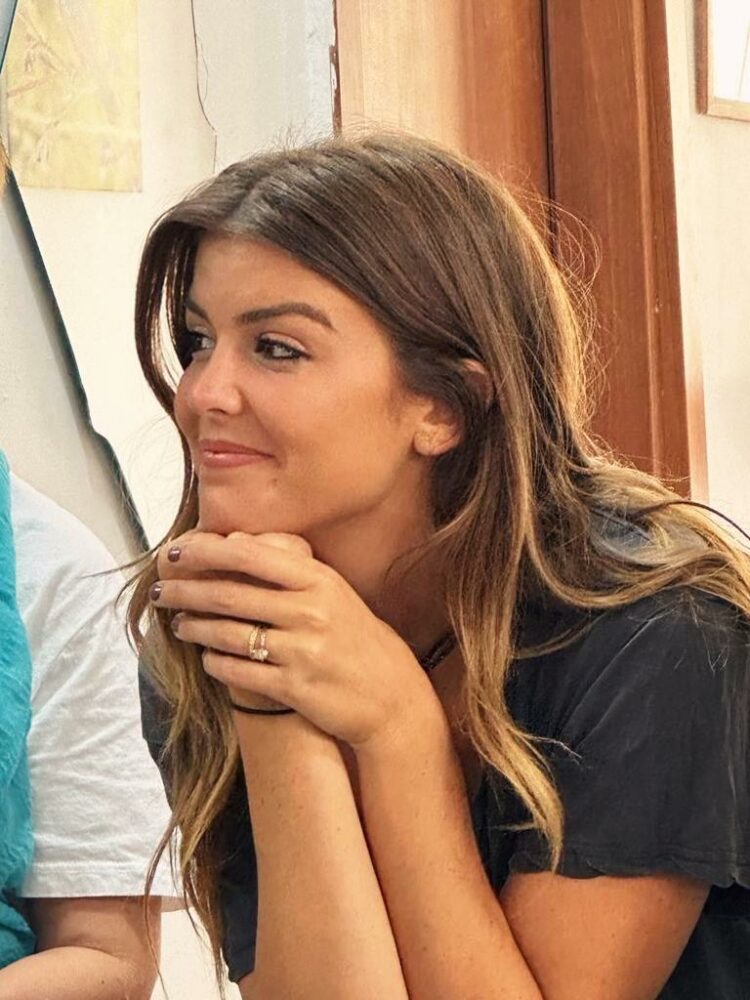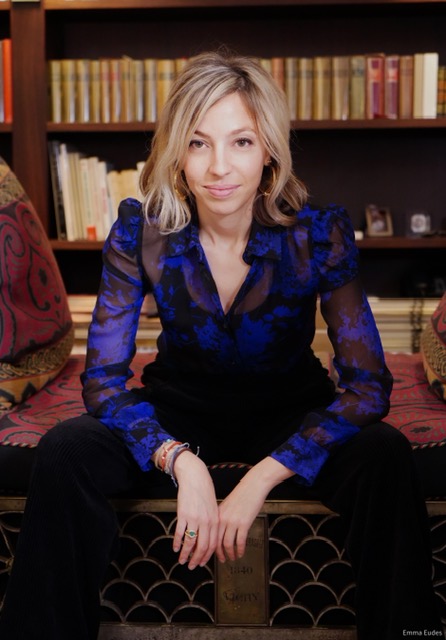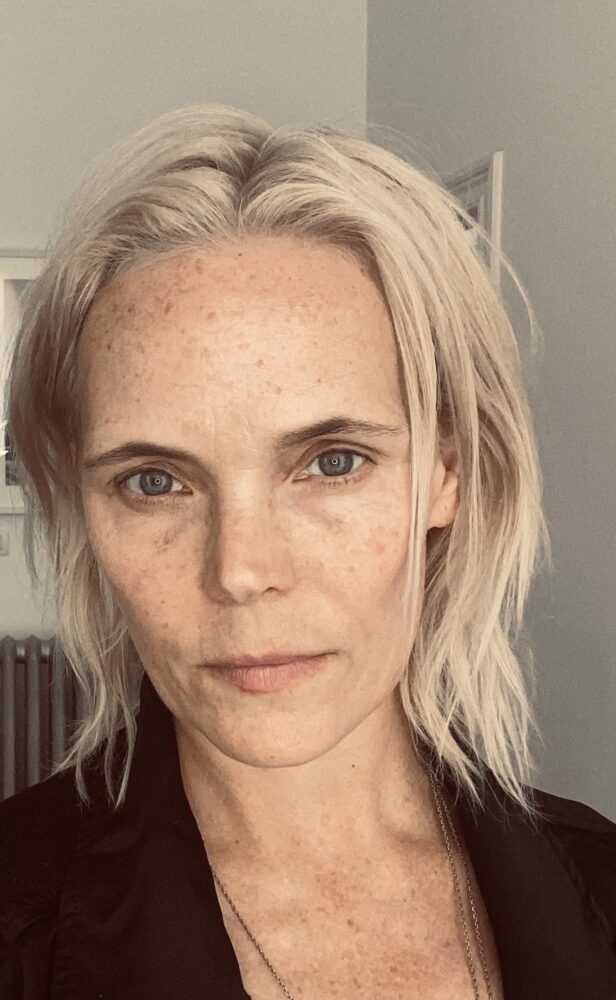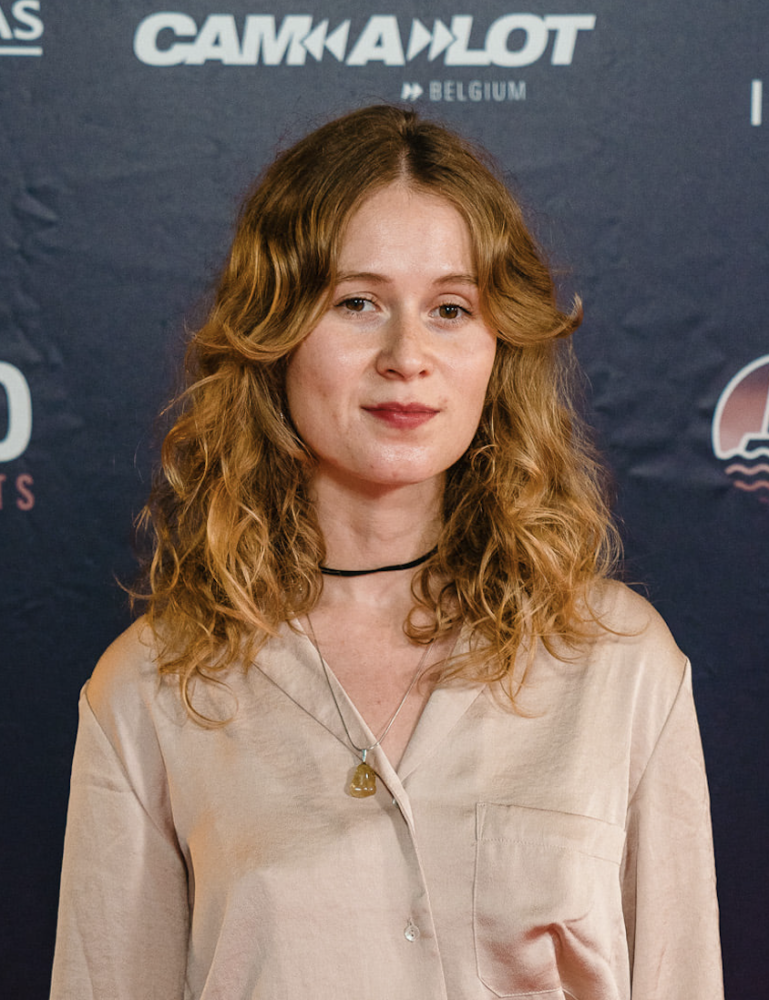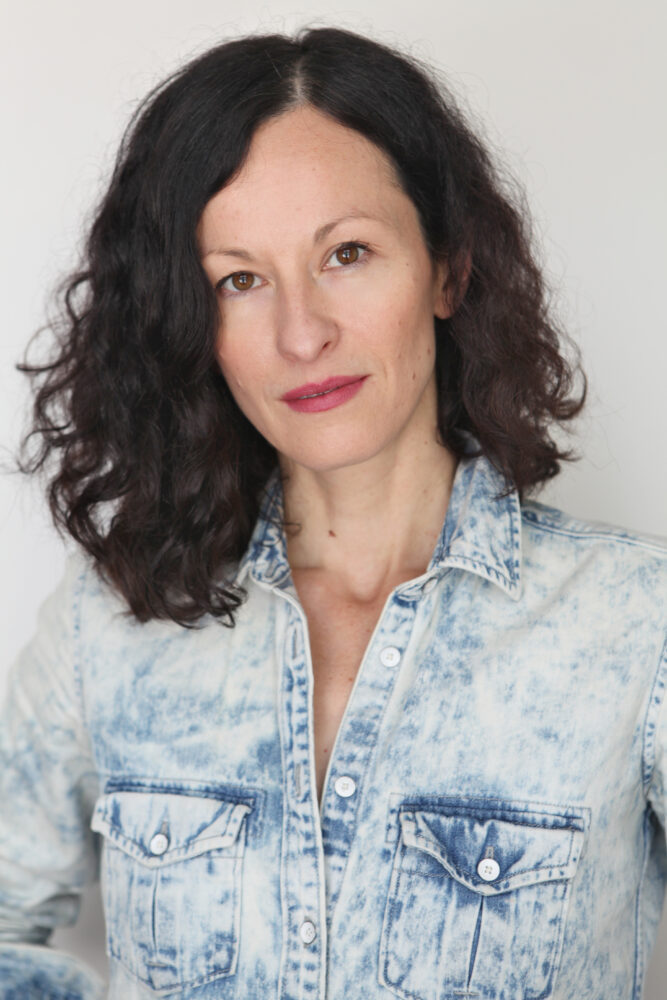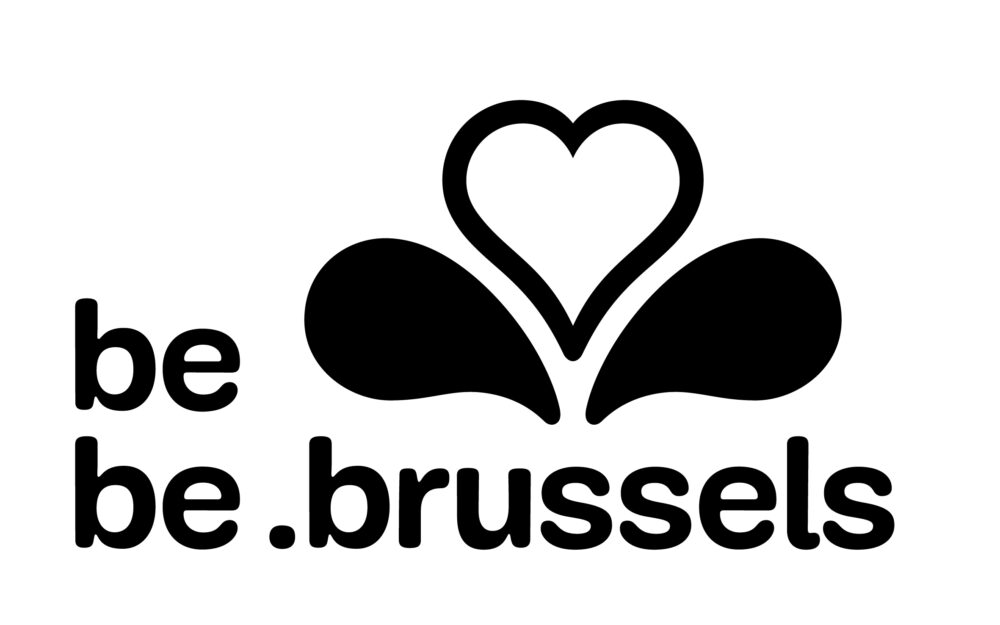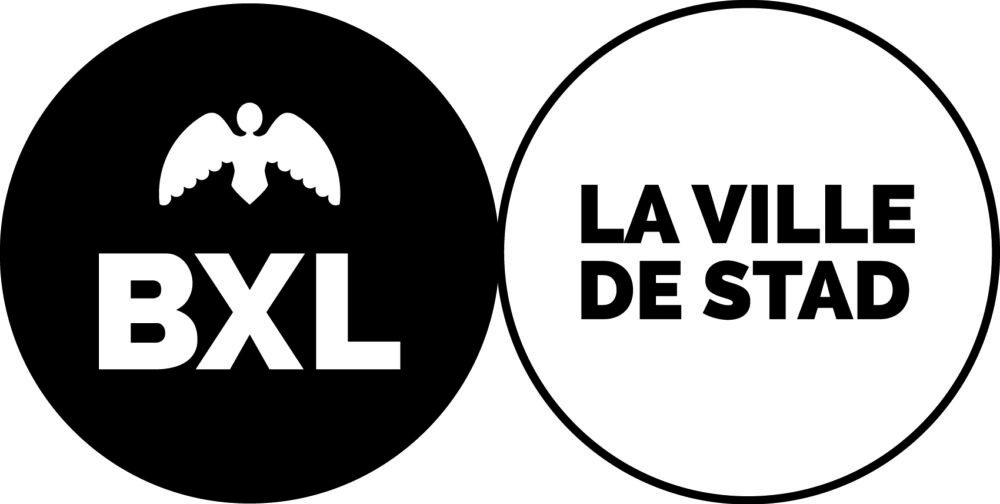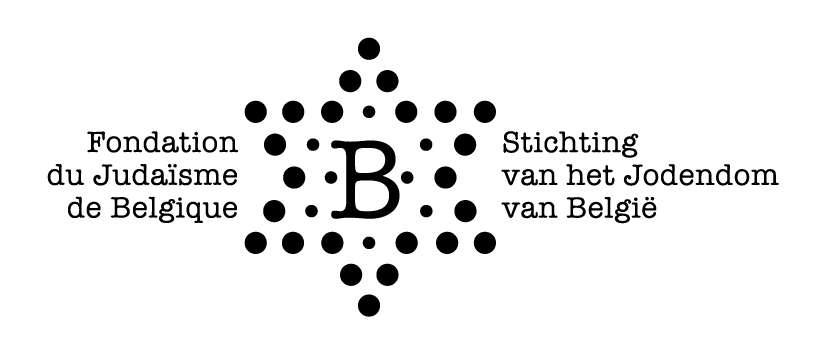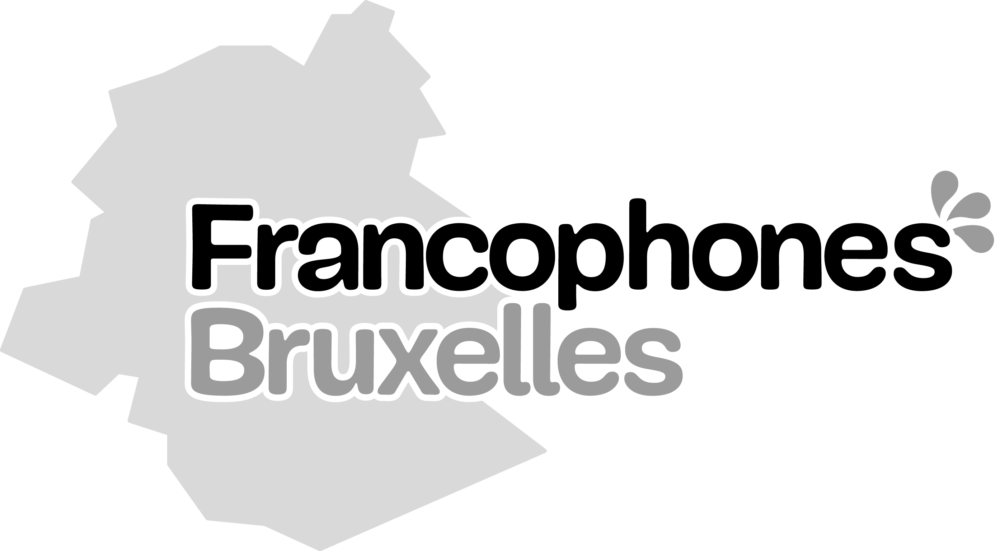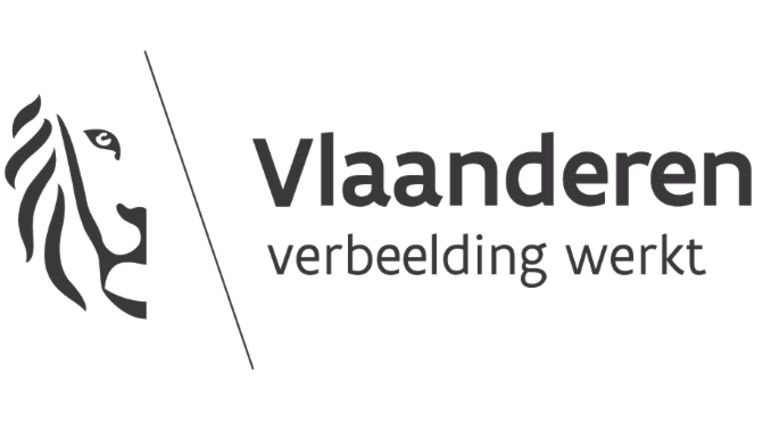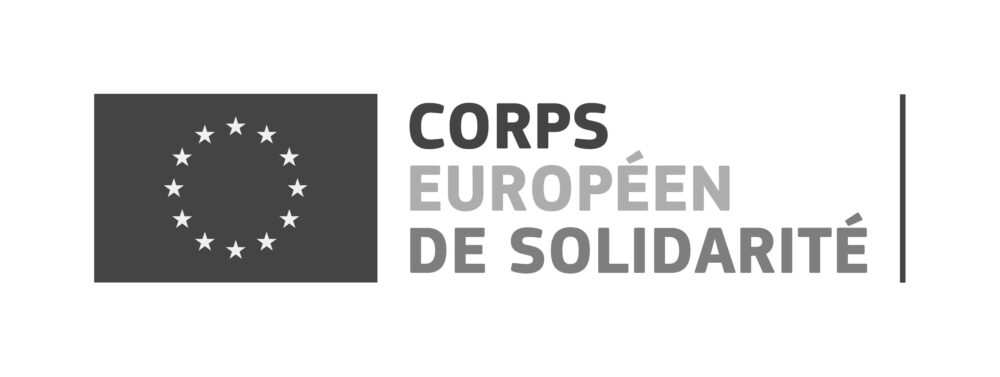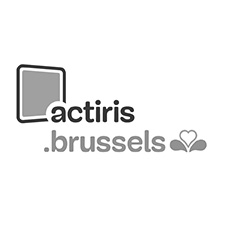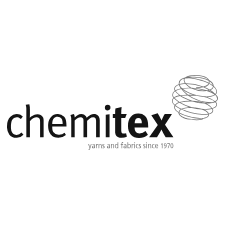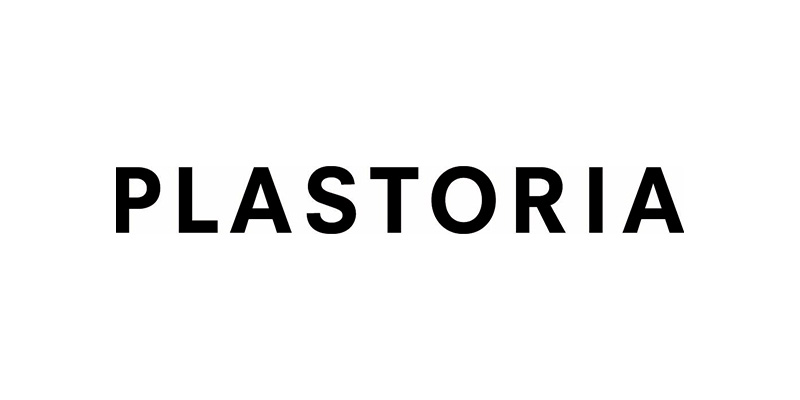At the heart of the Laboratory of Rituals project, four performance artists – Hilal Aydoğdu, David Bernstein, Barbara Salomé Felgenhauer et Zinaïda Tchelidze – are committed to creating new mythologies that re-enchant the world.
In this artistic laboratory, these artists explore the depths of the collective imagination, venturing into the meanders of history, culture and tradition. They invite us to plunge into their artistic universes, to cross passages between the visible and invisible worlds, in order to discover new perspectives and new understandings of the world.
Through their performances, these artists offer us intense moments where the sacred and the profane meet, where emotions blossom and questions multiply. They open doors to sensory and intellectual experiences, inviting us to reflect on our own relationship with beliefs, myths and rituals.
The Laboratory of Rituals is more than just an exhibition. It’s a space for artistic exploration, where cross-cultural performers meet, question and share their worldviews. It’s a call for reflection and wonder, as well as the creation of new mythologies that revive our existence.
The Laboratory of Rituals will open on April 11 in our Project Space and invites you to explore the contemporary resurgence of beliefs and rites through a program of unique performances. The first performance will take place as part of the Nocturnes event.
Program :
Misafirperver – Hilal Aydoğdu – 11.04.2024
La Chapelle des peines pour le monde – Barbara Salomé Felgenhauer – 22.05.2024
Even if it’s not true, it’s well found – David Bernstein – 6.06.2024
To your arrival and our welcome – Zinaïda Tchelidze – 1.09.2024
